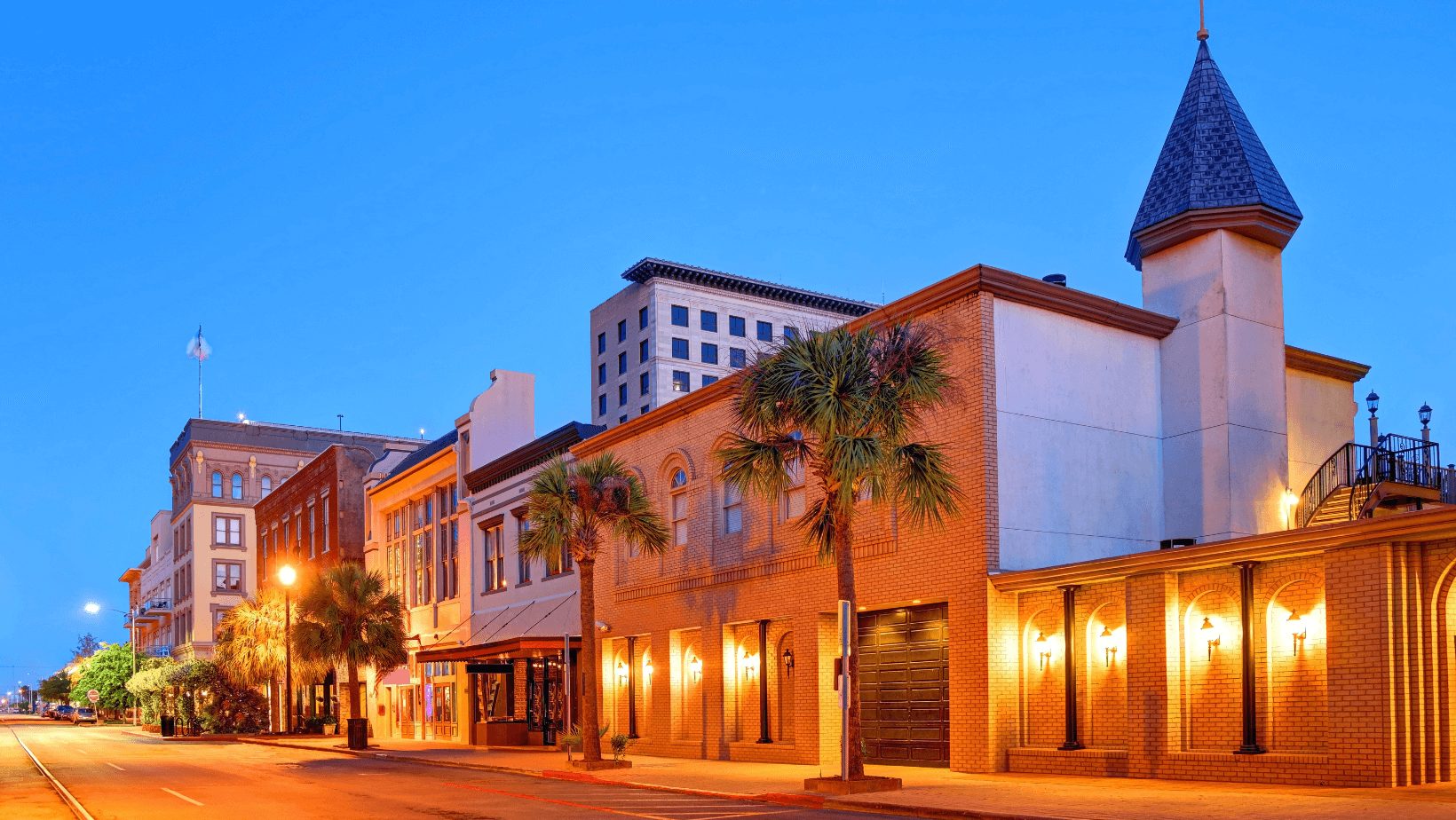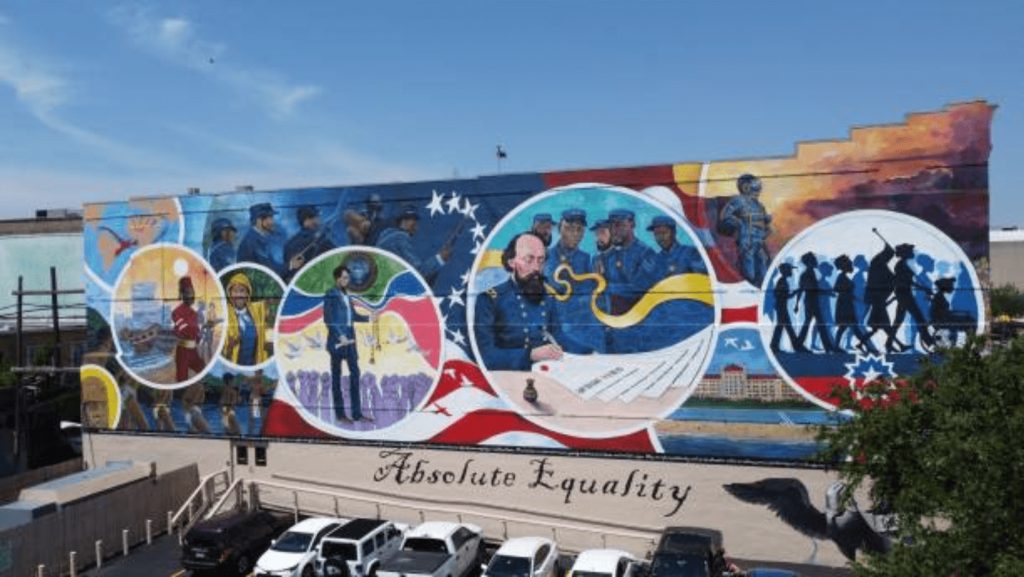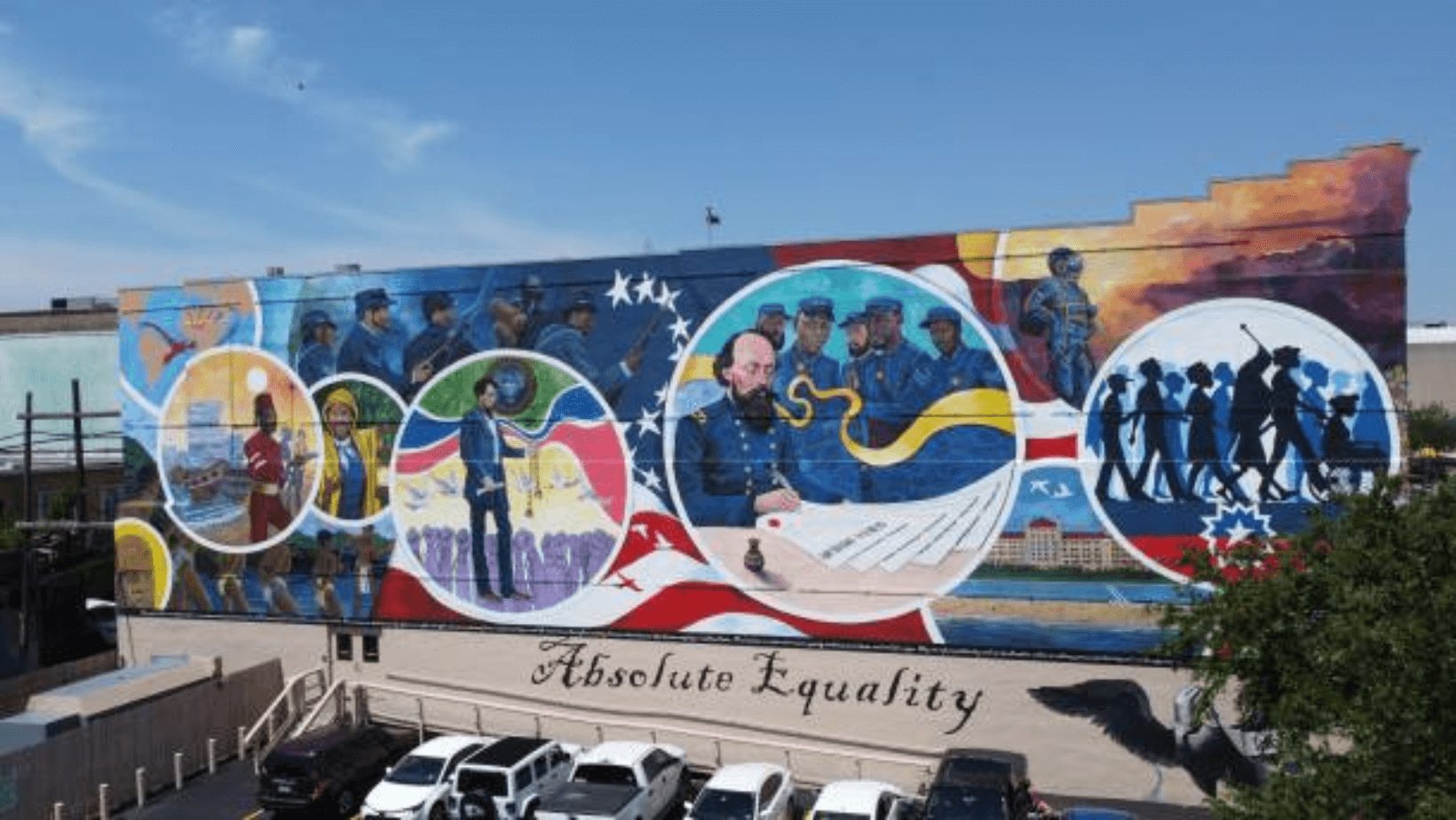
History of Juneteenth
On April 9th, 1865, Confederate General Robert E. Lee surrendered his troops to Union General Ulysses S. Grant at Appomattox Court House in Virginia. This effectively marked the end of the American Civil War. But despite Lee’s surrender of his Army of Northern Virginia, a number of other Confederate forces still remained active. And in turn, many of the approximately 4 million enslaved men, women, and children across the nation still had yet to be emancipated.
Texas was one place in which slavery continued following Lee’s surrender. The state had experienced no significant presence of Union troops or large-scale fighting, so many enslavers viewed it as a safe haven for slavery. However, on June 19th, 1865, federal troops arrived in Galveston, Texas to take control of the state and ensure that all enslaved people be freed.
The arrival of the Union troops signaled freedom for the roughly 250,000 enslaved people of Texas, although emancipation didn’t occur for everyone overnight. A number of celebrations broke out among those who were newly freed, giving birth to Juneteenth. Slavery was formally abolished in America in December 1865 with the adoption of the 13th Amendment.

Juneteenth Celebrations
On the one-year anniversary of the arrival of Union troops in Galveston, freedmen in Texas organized the first of what became the annual celebration of “Jubilee Day” on June 19th. In the years since, the holiday has become known by several different names, including “Juneteenth Independence Day,” “Freedom Day,” and “Emancipation Day.”
Early Juneteenth holidays were celebrated by praying and bringing families together. Juneteenth commemorations continued to grow in the following decades, featuring music, barbecues, and prayer services, among other activities. Today, some cities like Atlanta and Washington D.C. also hold larger events like parades and festivals to mark the holiday.
Galveston has remained a busy site for Juneteenth events over the years. In 2021, the city dedicated a 5,000-square-foot mural, entitled “Absolute Equality,” at the place where General Granger informed enslaved African-Americans of their freedom. The artist behind the mural, Reginald Adams, said he hopes the mural will, “[inspire] people to take a deeper look into the systemic impact that slavery and racial inequality has had and currently has on America and the world.”

A National Holiday
Texas became the first state to make Juneteenth an official holiday in 1979. Several other states followed suit in the coming years, but efforts by activities to make it a national holiday hit roadblocks for decades. One person at the forefront of the effort to make Juneteenth a national holiday was Texas activist, Opal Lee.
And over 150 years after the holiday was first celebrated, the work of Lee and countless other activists came to fruition. In June 2021, Congress passed a resolution establishing Juneteenth as a national holiday. President Biden signed the bill into law on June 17th, 2021 making it the 11th holiday recognized by the federal government.
Juneteenth was the first new federal holiday to be established by Congress in almost four decades. In 1983, lawmakers designated the third Monday in January as Martin Luther King Jr. Day, in honor of the slain civil-rights leader.
Weekly Trivia
Click on the question below to reveal the answer.
“The content of their character”
Frederick Douglass
Cuba Gooding Jr. (Pearl Harbor, Selma, Radio)

